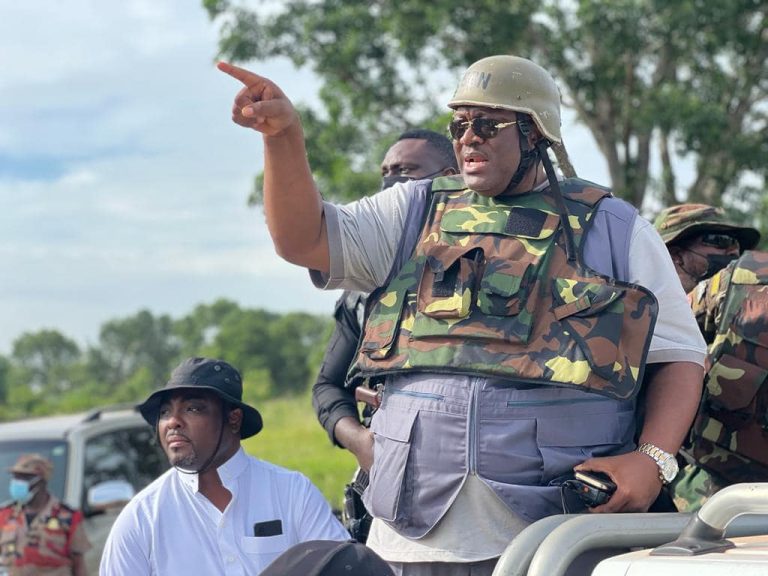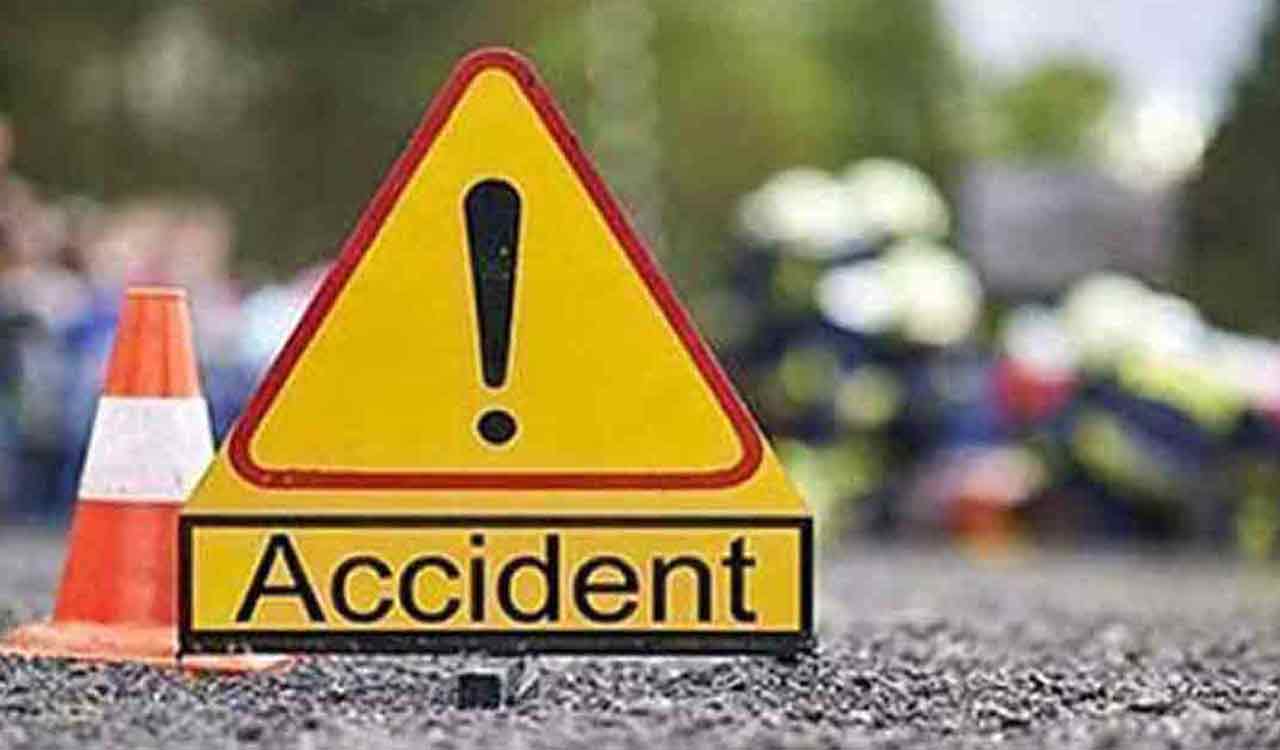Rihanna, Kanye West and Nicki Minaj are among the many celebrities who have come out to support protests against police brutality in Nigeria. But protesters hit out when Beyoncé spoke up. Why? Protesters against police brutality say that on Tuesday night in Lagos men in army fatigues closed in on them and shot at them while they sang the national anthem, something the army denies as “fake news”. The irony a chord across the world. South African comedian Trevor Noah said: “Just like we’ve seen in the US, the police in Nigeria are responding to protests about police brutality with more police brutality. https://twitter.com/TheDailyShow/status/1318738302145617920?s=20 A host of international A-list of celebrities showed their support for protesters. Rihanna tweeted a picture of a blood-soaked Nigerian flag. https://twitter.com/rihanna/status/1318693601996464128?s=20 Nikki Minaj talked directly to protesters in her tweet in solidarity, saying: “Your voice is being heard”. https://twitter.com/NICKIMINAJ/status/1318699082840371200?s=20 And then Beyoncé’s statement came. Through her charity, BeyGood, she said: “I am heartbroken to see the senseless brutality taking place in Nigeria… we are collaborating with coalitions to provide emergency healthcare, food and shelter.” https://twitter.com/BeyGood/status/1318794128566542336?s=20 This did not go down well. “Who told Beyoncé that we are hungry?” commented digital entrepreneur Papi Jay. https://twitter.com/JohnMarsAuto/status/1318817005303201793?s=20 That sentiment was echoed by skincare vendor Mercy Ehimare. “Can somebody tell this woman we are not hungry??????? We need support to fight for our existence,” she replied. https://twitter.com/MercyEhimare1/status/1318830905163657216?s=20 Tweeters were offended that Beyoncé appeared to assume they were poor. That certainly wasn’t how the Nigerian press described the people who started the protests online. They opted instead to refer to them as “social media influencers”. In the early days of the protests, the BBC’s Nduka Orjinmo described the people marching on the streets as “mostly comfortably-off young people, some with dyed hair, pierced noses and tattooed bodies”. BBC Nigeria correspondent Mayeni Jones notes that, while now she is now seeing a more socially mixed crowd at protests in Lagos, the people who started the protests online were “middle-class kids”. They were people like media strategist Rinu Oduala, who had persuaded other protesters to spend the night outside government house in Lagos on 7 October. What’s more, is that they had already raised funds among themselves to cover the costs of the protest, writes Nigerian author Naomi Ndifon, in Black Women Radicals. So at this point, the protesters only really wanted their message against police brutality amplified. Beyoncé has more than 15 million followers on her personal Twitter account – a tweet from that account would reach a lot of people. But they were left frustrated, says a commenter on Beyoncé’s post dor_gd, who points out that she only supported protesters on her charity account. https://twitter.com/dor_gd/status/1318832922087051264?s=20 Critics also said Beyoncé turned up late to the protests. The protests had started weeks before and she was in the second wave of celebrities showing their support. People like Star Wars actor John Boyega, Arsenal footballer Mesut Özil and rapper Kanye West had tweeted their support more than a week before her. https://twitter.com/JohnBoyega/status/1314514836563394560?s=20 https://twitter.com/MesutOzil1088/status/1315239610440589312?s=20 https://twitter.com/kanyewest/status/1315775959463653377?s=20 By the time she tweeted, the peaceful protests had already turned bloody. Source: BBC]]>
Recent Posts
- President Jerry John Rawlings – Four Years On
- Friday, November 8 not a public holiday – Interior Ministry
- Tragic: Speeding NDC vehicle kills the only child of a mother at North Dayi
- Pay NABCO trainees if you care about Ghanaian youth – Mahama tells Bawumia
- Suspend planned strike – FWSC pleads with CLOGSAG
- Some lawyers sacrifice ethics for ‘cheap’ political gains – Attorney-General
- Police ‘waiting for court date’ on Erastus’ case is a lie – Samson Anyenini
- Cedi records year-to-date loss of nearly 29%; one dollar going for GH¢17.10
Popular Stories
-
President Jerry John Rawlings – Four Years On
-
Friday, November 8 not a public holiday – Interior Ministry
-
La Traditional Council suspended indefinitely
-
Election 2024: Court issues injunction against Agona West MP, bars her from campaigning
-
BKQ Foundation empowers young women with sanitary pad donations

ABOUT US
Newstitbits.com is a 21st Century journalism providing the needed independent, credible, fair and reliable alternative in comprehensive news delivering that promotes knowledge, political stability and economic prosperity.
Contact us: [email protected]
@2023 – Newstitbits.com. All Rights Reserved.














